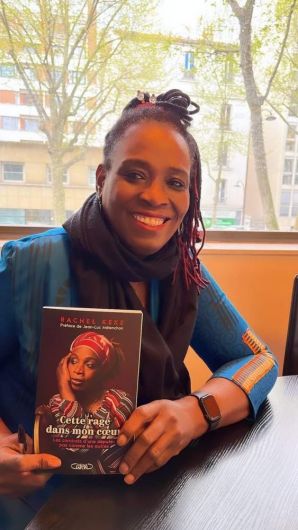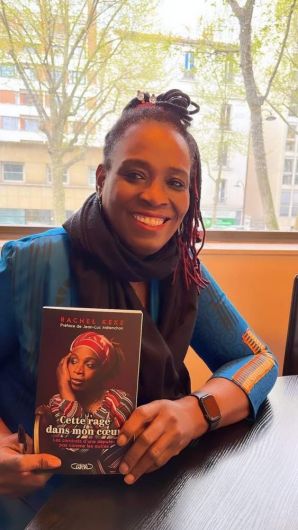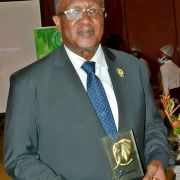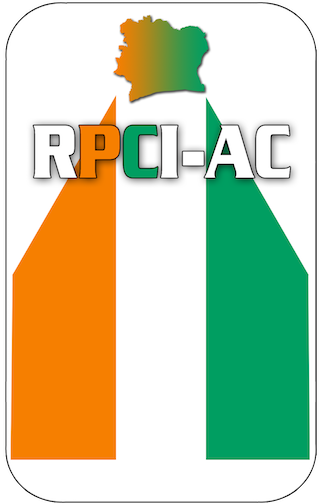"World economy and african countries status": "Dependence or interdependence"? (Second and last part)
Le 10 novembre 2011 par Ivoire Business - Nowadays, in the whole Africa the big question remains till now, why underdevelopment persist? Two main theories
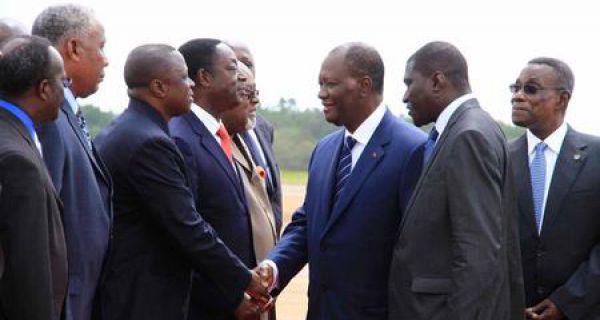
Le 10 novembre 2011 par Ivoire Business - Nowadays, in the whole Africa the big question remains till now, why underdevelopment persist? Two main theories
exist side by side:On the other hand, the "liberal theory" and secondly, "the dependency theory" suggests that the whole international economy operates to the disavantage of the third world namely the african countries as a whole! What appears as interdependence in "CHINA" or "Japan" can be seen as dependence in "Indonesia", "Abidjan" or "ACCRA"...The escape from poverty promised by liberal advocates of economic integration seems to be a cruel illusion! Like an addictive drug, the escape route turns into a prison of its own.According to "dependency theory", the only solution is to change the entire nature of the relationship between the first and the third world.Popular in the third world, indeed developed largely in AFRICA AND LATIN America, this account offers a sharp analysis but unclear solutions to the problem of underdevelopment."Dependcy theory": Opponents of the "liberal theory" argue that the very structure of the world system means that development will not take such a smooth path. Moreover,opening up domestic economies to free trade and international competition will only widen the gap between the rich and the poor. Modernisation started at different times in different countries.The ones that started earlier therefore, have comparatives advantages over the late starters.The market always favours the well endowed over the poor, so free trade will accentuate disparities.AS writer and analyst "Smith"(in 1984) puts it, "uneven development is the hallmark of the geography of capitalism". In the same trend,Writers such as "Frankin in 1981" and "Amin"(1977) argued that although formal colonialism was not a common phenomenon today, economic or neoconlonialism persists till today.Furthermore,"Jhon Kausty" in 1972 defined economic colonialism as an economic relationship prevailing between an advanced industrial country and an underdeveloped one, where the underdeveloped country serves, through investment from capital principally from the advanced country. In time, the underdeveloped country can also come to serve as a market for some of the finished goods of the advanced country.Meanwhile, french Neocolonies such as "Ivory Coast" under the rule of "Allasane OUATTARA" remains dependent on their first world patrons, ".This enables the ex-colonial powers to reap the economic benefits of colonialism without paying the politcal and financial price.In addition to that sad reality, central to the theory of dependent development is the concept of "comprador class":This consists of local managers who take over the economy once the colonialists depart.These business people have an interest in maintaining the colonial economic relationship. Local managers derive great wealth from trading with their patrons overseas.As such it is in their interest to maintain the relationship, even if the local work force is heavily exploited. Because the modernisation of the developing nation depends on the first world patrons, national dvelopment is distorted.The whole pattern of the client economy is shaped by the demands of the patron.What we see is not development proper, but development of underdevelopment according to the writer(FRANK). In particular afrian countries economies concentrate on commodities and minerals that the first world(west) needs.Concentration on the development of one commodity may bring short or even medium-term gains, but it is at the expense of more balanced development in the economy as a whole.At least, more than half of the exports in the "IVORY Coast" come from "Cacao" and "Coffee"(largest exporter worlwide). Unfortunately, many african countries are equally dominated by the production of a small number of commodities suc as:(Ghana, Guinea, togo, Cameroun,Congo). Consequently, this makes them very sensitive to changes in the tastes and economies of the first world.Who would be a Cacao and coffe producer when the first world is switching to cacao or coffee? That is the relevant issue. African countries must come together as one and have a common strategy so as to resist against capitalism and neocolonialism challenges.their brighter future is ahead and at stake...
(Yves T Bouazo)


